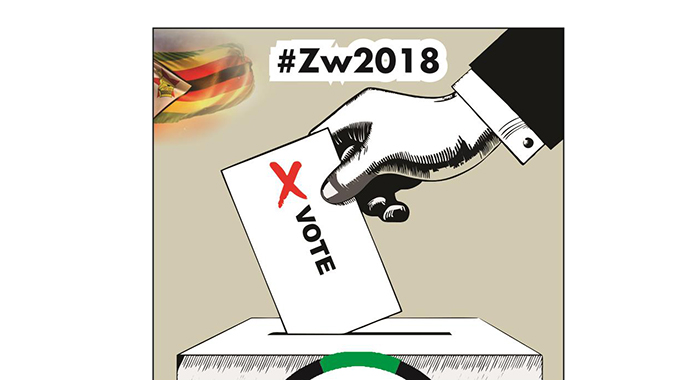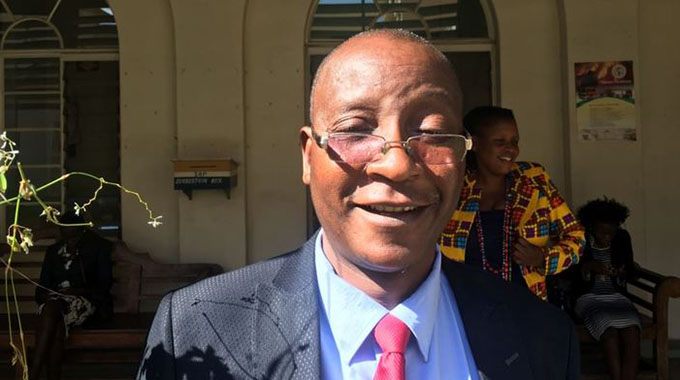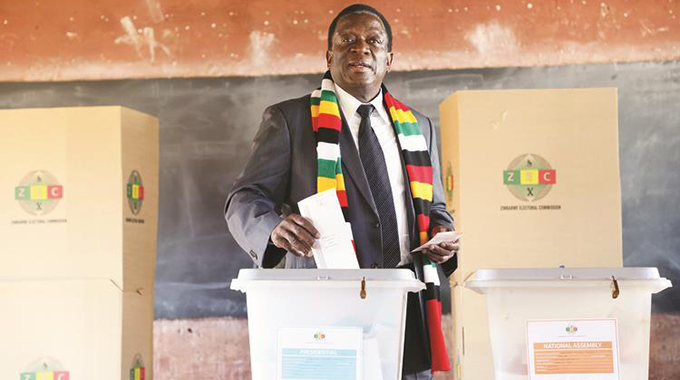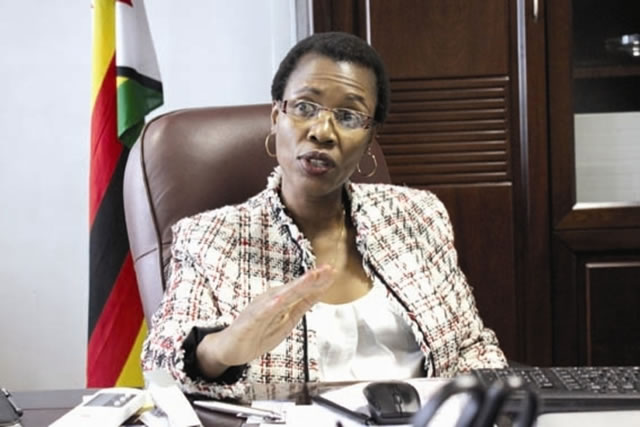EDITORIAL COMMENT: Respect pen of the little man in the booth

LIKE all products of human experiment here on Earth, democracy has both an upper and a downside; it has its positives and its negatives, too. Nations are ever hoping to improve on how they performed the last time around. In this endeavour, it turns out for the old and the newest democracies, there are always deficiencies. It is therefore naïve or self-delusion for anyone to expect Zimbabwe to produce a perfect election, let alone a result that satisfies everyone.
In June 2016, the British voted on whether or not to leave the European Union. This was a period when wave after wave of poor European migrants were seeking a better life in the United Kingdom and British citizens felt this was costing them jobs and diluting their social benefits.
The gamble of that referendum cost David Cameron his premiership when the British people voted to leave the EU. Never mind that today the outcome of that vote still haunts Cameron’s successor Theresa May, it was the result of democracy in practice.
Not too far behind was America. Across the Atlantic in the United States, Americans were engaged in a debate of their own to elect a new president. In the end, the decisive duel was between Hillary Rodham Clinton and billionaire real estate investor Donald Trump.
Trump in November 2016 triumphed on the slogan of “Making America great again”. The “educated” and media blamed “ignorant” rural voters for Trump’s victory.
Democracy allows the majority to win, not the educated. That Trump victory has tormented Americans and caused anguish in Europe and beyond as Trump works towards an insular America, a protectionist America in the age of globalisation and has chosen to embrace leaders Americans want bombed — Russia’s Vladimir Putin and North Korea’s Kim Jong-Un.
Yesterday Zimbabwe followed a tradition that was charted by the great Western democracies. People voted in the first harmonised elections since Robert Mugabe’s departure last November. It was arguably the freest and most peaceful election in the country’s history, thanks to President Mnangagwa’s repeated appeal for non-violence and a peaceful campaign.
The result is not likely to satisfy everyone. It will merely reflect the will of the majority who voted.
Unfortunately in Zimbabwe we have allowed to grow and flourish a culture of rabble-rousing and sham protests of alleged rigging whenever a party loses that this has become a default mode in the opposition.
This has not only given Zimbabwe a bad name, it has cost us dearly by way of foreign investment and lost development. It has created a negative perception which President Mnangagwa has been trying to cleanse since assuming power.
It is, however, a perception which the opposition seems to crave for, hoping that in the long run suffering will force people to revolt against the sitting Government. It is a dirty gamble which has not worked in the past 19 years.
Somehow, the “uneducated” masses always seem to have a sense of history and to take a longer term perspective on matters of State.
In a bid to get the opposition to appreciate the bigger picture beyond short-term electoral triumph, in his last message before yesterday’s polls, President Mnangagwa warned, we either swim or sink together as a nation.
The language of me or nothing is selfish and dangerous. The experiment called democracy doesn’t always grant us our wishes. The intense scrutiny Zimbabwe has been subjected to in the run-up to this election has set a bar too high that few countries, if any, will ever hold “free and fair” elections again after this.
Yet the voter’s pen always, whether freely or manipulated, decides at the count.
We therefore end with the unfailing words of British statesman Winston Churchill in praise of democracy in 1944: “At the bottom of all the tributes paid to democracy is the little man, walking into the little booth, with a little pencil, making a little cross on a little bit of paper —no amount of rhetoric or voluminous discussion can possibly diminish the overwhelming importance of that point.”











Comments